Students Continue Religious Practices During Pandemic
Religious students adapt practices and traditions as pandemic goes on
Attending church during the pandemic has been very different for Eliza Lane (12) compared to what she is used to. There are no longer hundreds of people in the room. The livestreamed sermons can be watched in pajamas instead having to dress up for services. Now, Lane only shares the room with her family.
Lane’s church, the University Reformed Church, offers in person and virtual options and allows congregation members to decide which they want to attend. They have been offering this option since early Mar. 2020. The church limits the number of people attending by having multiple services with smaller groups of people. The church has three morning services and one in the evening.
According to Lane, a majority of the church members choose to go in person, but her family has opted for the virtual option, a livestream of the day’s services.
For her, virtual sermons are different compared to what she is used to. Not being able to see her friends, many of whom she has known since she was little, has been difficult for her. Despite not being able to see her friends and fellow parishioners, Lane has been able to bond with her family.
“It went from going to church and meeting everyone and singing with hundreds of other people to just singing with just [my family],” Lane said. “Just to have that little, small intimate worship group together, it’s definitely brought us closer together.”
Despite becoming closer to her family, Lane does miss the feeling of community, and being able to catch up with people every week. As of now, her family is planning to return to attending in person once a vaccine becomes more widespread.
Being unable to see members of the congregation has also affected Sophie Pager (9). According to her, many of the practices and traditions of Judaism are centered around the community. Her congregation, Kehillat Israel, is completely online. For Pager, this is usually easier, but she still misses being in person.
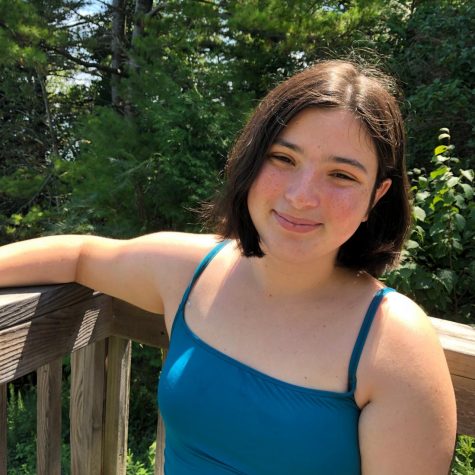
“Sometimes it’s easier on a computer. I can be more relaxed like in my own house in my room,” Pager said. “I don’t have to dress up for temple, but I miss seeing the people that I love like my family and the people at my temple.”
In addition to no longer going to temple in person, Pager’s family has adapted several holidays. They would normally go to visit family in Boston, MA for Passover, but this year, her family had to perform the Seder online. And other holidays usually involve going to temple and touching the Torah, something that is not possible online.
Similarly, Tasneem Abdalla (12), a Muslim student, has had to celebrate Eid-Al-Fitr and Eid-Al-Adha at home. For both, she would normally attend a large prayer at the Lansing Center, which was cancelled this year. Ramadan, another major holiday, was also changed because the “dinner parties” with family friends were not possible to do safely. Despite this, Abdalla isn’t too disappointed, as she has still been able to stay connected with friends and family by meeting up socially distanced.
“We were a little sad about [having to change holidays] but we understand the severity of the pandemic,” Abdalla wrote in an email, “and [we] know that it wouldn’t have been safe to celebrate it the way we normally would.”

Adan Quan is a member of the Class of 2023 and one of the Editors-in-Chief of for Portrait. This is his third year on staff as a senior. He also reports...



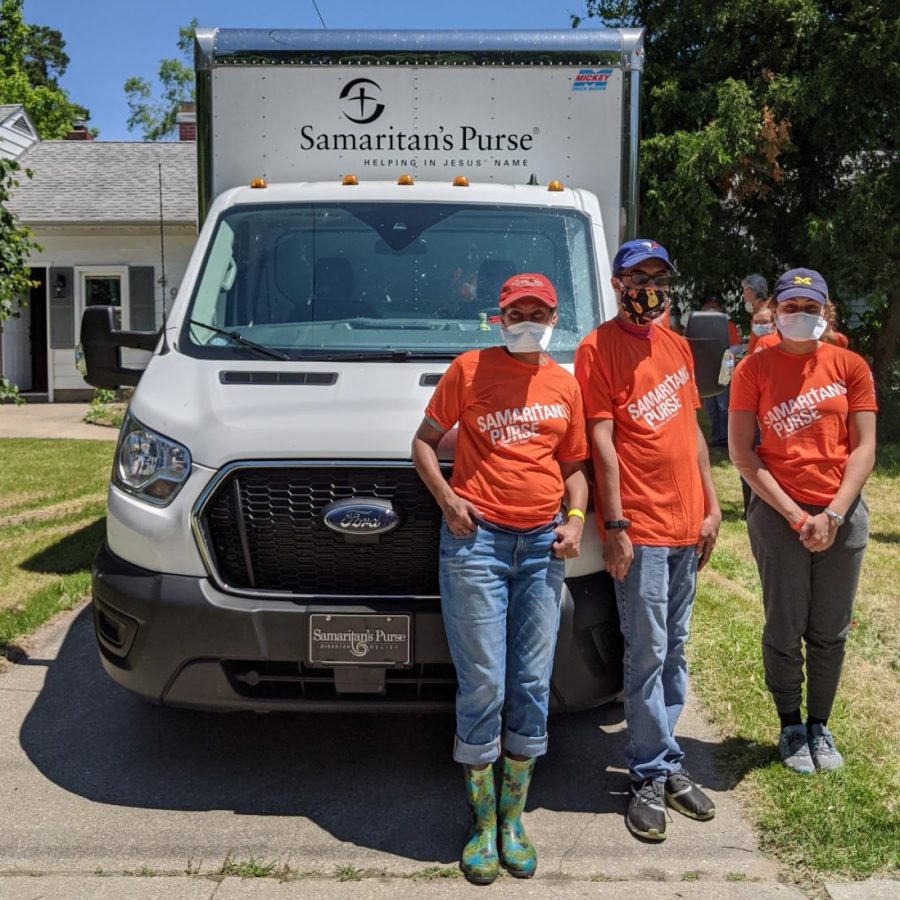

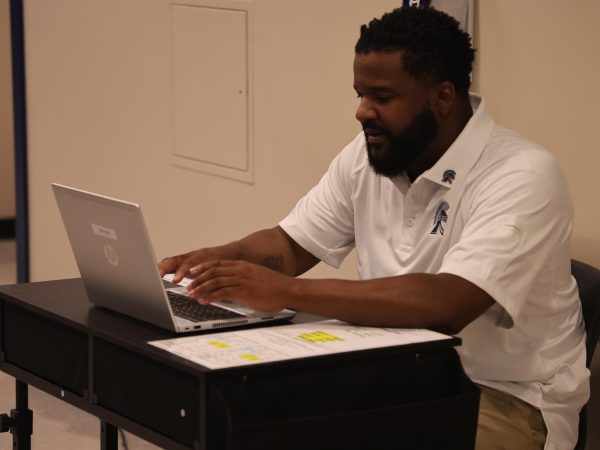

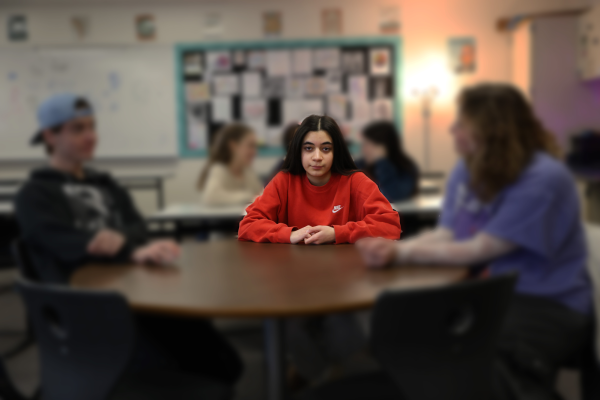

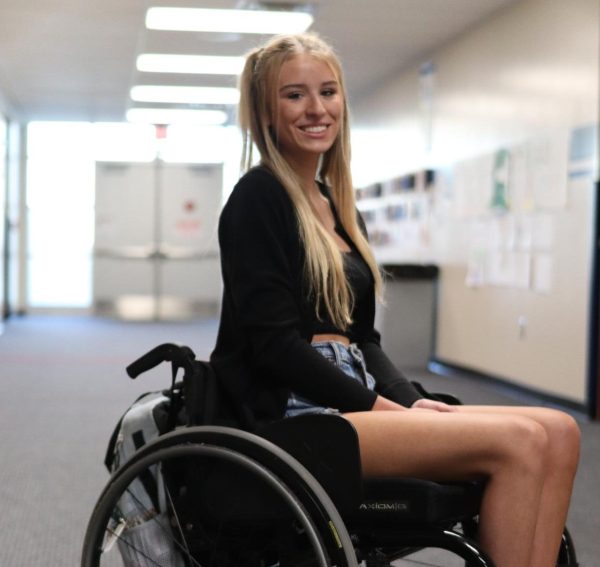
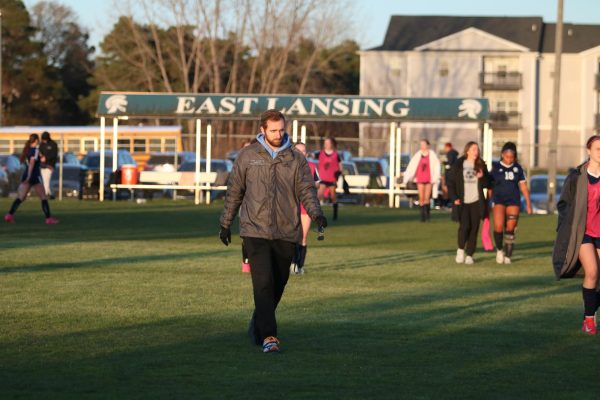
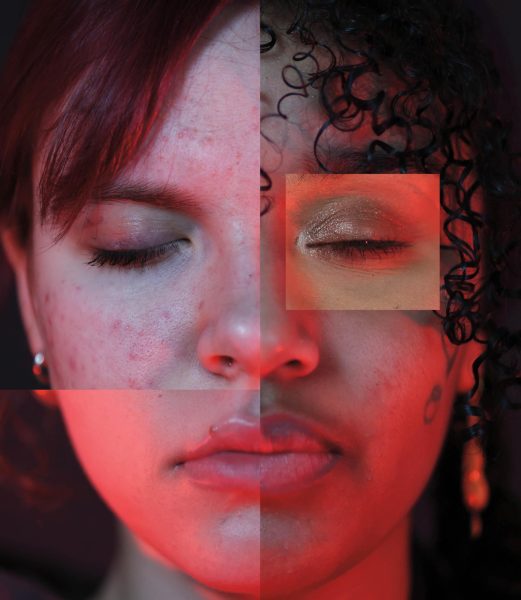

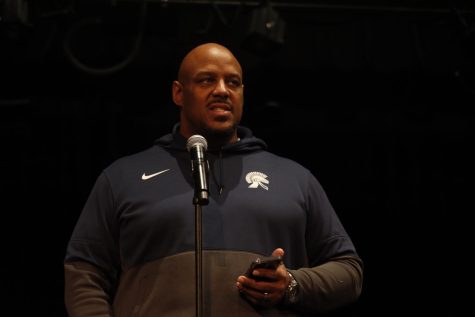
Somer Sodeman • Dec 2, 2020 at 9:19 am
Great story!